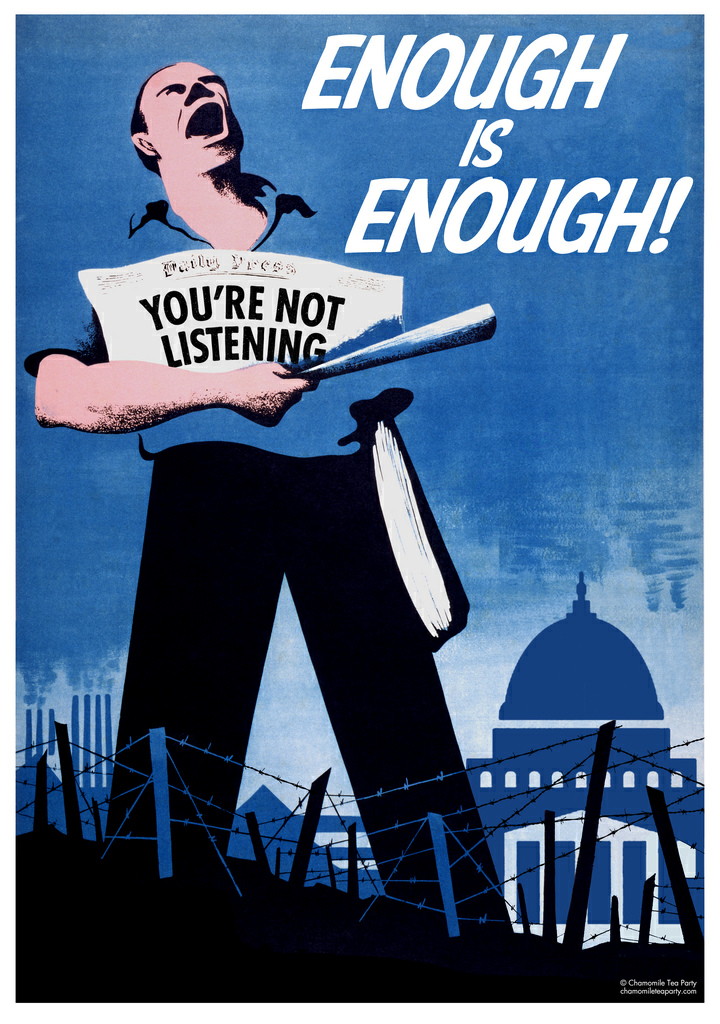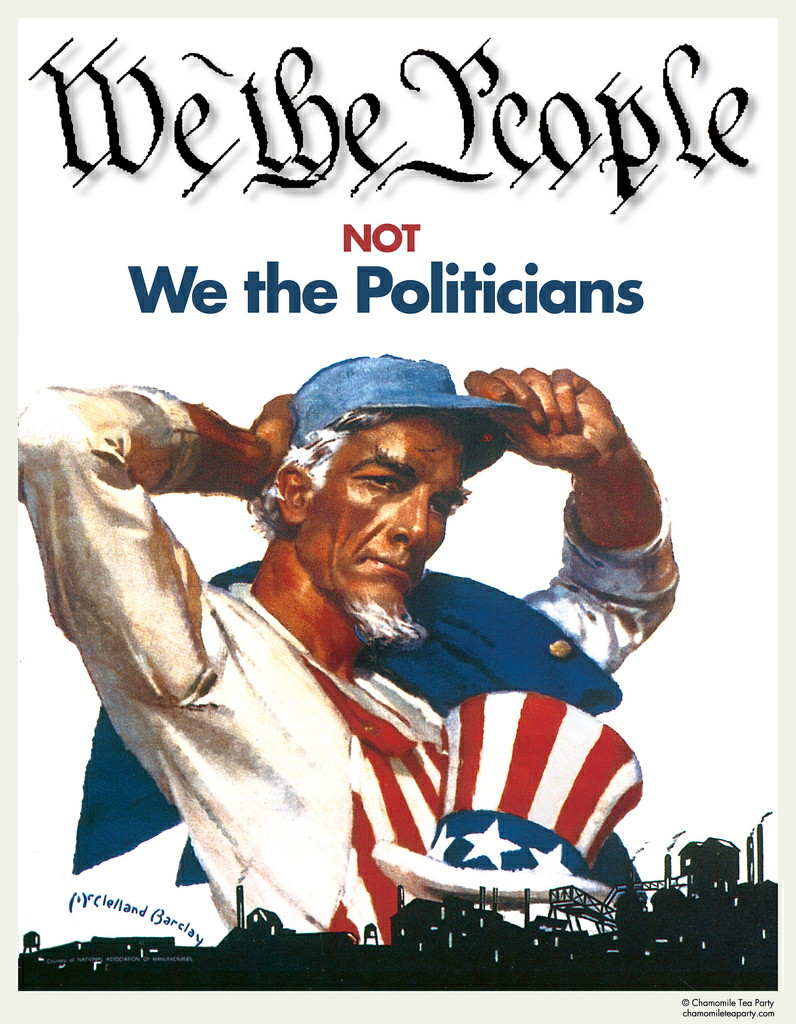People don’t vote for many reasons beyond difficulty in registering and casting ballots
By Len Lazarick
[email protected]
States have tried a bunch of techniques to improve voter turnout on Election Day, and MarylandReporter.com described a number of them in two articles last week. But according to some studies and polls, no matter how easy officials make it, more than a third of the voting age population will still not cast a ballot.
The first article on early voting found that the opening the polls early has cost Maryland counties over $2 million per election, but has not substantially increased turnout. Only in states where prospective voters can show up and register on the same day has early voting increased turnout.
In a second article, a seminar organized by the University of Maryland suggested, among other things, that Internet voting was a way to increase participation. Maryland Reporter readers who commented on the idea freaked out about the potential for fraud.
Nonvoters support Obama
Last month, USA Today published a poll of unlikely voters it did with Suffolk University in Boston. It found that people who are eligible to vote but aren’t likely to do so “back Obama’s re-election over Republican Mitt Romney by more than 2-1. Two-thirds of them say they are registered to vote. Eight in 10 say the government plays an important role in their lives.”
“Even so, they cite a range of reasons for declaring they won’t vote or saying the odds are no better than 50-50 that they will: They’re too busy. They aren’t excited about either candidate. Their vote doesn’t really matter. And nothing ever gets done, anyway,” said USA Today.
“The long-term trend tends to be awful,” Curtis Gans of the Center for the Study of the American Electorate told USA Today. “There’s a lot of lack of trust in our leaders, a lack of positive feelings about political institutions, a lack of quality education for large segments of the public, a lack of civic education, the fragmenting effects of waves of communications technology, the cynicism of the coverage of politics — I could go on with a long litany.”
What this poll and other studies suggest is that not voting will not be cured by making it easier to register and easier to vote.
Nonvoters less engaged, bored, ill-informed
In collaboration with the Associated Press, the Pew Center for the People and the Press did a poll in 2006 to identify why people don’t vote.
Compared with Americans who regularly cast ballots, the Pew-AP poll found, intermittent voters and nonvoters “are less engaged in politics. They are more likely to be bored with the political process and admit they often do not know enough about candidates to cast ballots.”
Intermittent voters — citizens who are registered to vote but do not always make it to the polls – “differ significantly from those who vote regularly,” the Pew Center found. “For one thing, they’re less likely to be married than are regular voters. Intermittent voters also are more mistrustful of people compared with those who vote regularly. They also are less angry with government.”
The survey also found “large differences between Americans who are not registered to vote or vote only rarely, and intermittent or regular voters. The two groups at the bottom of the voting participation scale are much less likely than regular or intermittent voters to believe that voting will make much of a difference.”
Census finds lack of interest, dislike of candidates
In addition to these polls, the U.S. Census has been asking people who votes, who doesn’t and why they don’t. A Psychology Today article in December summarized the findings for the 2008 presidential election.
“Topping the list of reasons for not voting is a lack of interest (13%) or a dislike of the candidates or issues (13%),” Psychology Today said. “More than a quarter of registered nonvoters in 2008 didn’t vote because they weren’t interested or didn’t like their choices.”
Many reported illness or disability (15%), especially among older registered nonvoters. Others were too busy, or had conflicting schedules (17%). That’s about a third of the registered nonvoters.
Of the remainder, many had some logistical problem with the process: 6% had problems with their voter registration, 3% did not have a convenient polling place and another 3% had some sort of transportation problem.
These polls, studies and surveys suggest that most of the people who don’t vote are not engaged in their community, don’t find much difference in the candidates or parties and don’t think their participation will make much difference.
But the large sample in the Census report indicates that some changes in the voting process and registration could lead perhaps 10% more of the nonvoters to cast their ballots.
Restrictions on voting are deliberate, one professor says
There are naysayers in the studies about why people don’t vote. Chief among them is Frances Fox Piven, a City University of New York sociologist, who for a quarter century has been saying that the whole process of registration is designed to suppress the vote of the lower classes. Much of her thesis can be found in the 2000 edition of the book “Why Americans Still Don’t Vote.” A good portion of the book is available online.
Piven argues that the voter registration process, begun by reformers in the late 19th century to deal with urban voter fraud, was actually a way to keep the poor and downtrodden from exercising the franchise. Piven, a radical and a Democratic Socialist, has a similar opinion of voter ID laws, now passed in 30 states.
The polls, and particularly the Census data, confirm that if those people who rarely or never vote made it to the polls, the election of President Obama and other Democrats would be easily assured. But most state legislatures have not focused their attention to bring those nonvoters to the polls. Even in Maryland, efforts to improve turnout, especially among intermittent or nonvoters has not proved very much, even with early voting and absentee balloting that requires no excuse.

MarylandReporter.com is a daily news website produced by journalists committed to making state government as open, transparent, accountable and responsive as possible – in deed, not just in promise. We believe the people who pay for this government are entitled to have their money spent in an efficient and effective way, and that they are entitled to keep as much of their hard-earned dollars as they possibly can.


